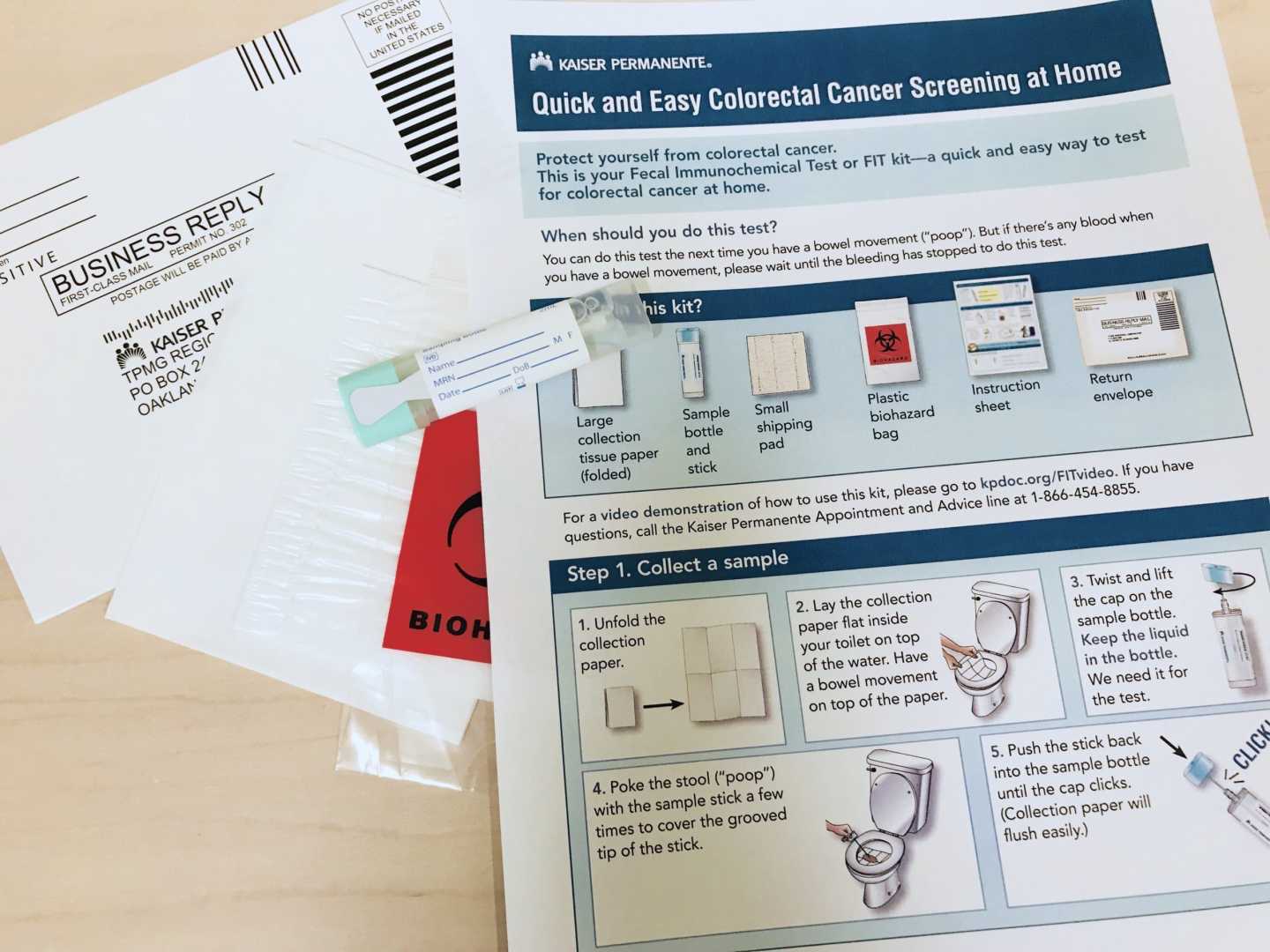Health
Kaiser Permanente’s Screening Initiative Cuts Colon Cancer Cases and Deaths

FRIDAY, April 25, 2025 — A new study reveals that a screening initiative by Kaiser Permanente significantly reduced colon cancer cases and deaths over two decades.
The systematic outreach program, detailed by researchers at the upcoming Digestive Disease Week meeting in San Diego, doubled colon cancer screening rates and resulted in a one-third decrease in cancer cases and a 50% drop in colon cancer deaths.
Lead investigator, Dr. John Corley, chief research officer with the Kaiser Permanente Division of Research in Northern California, stated, “By offering an effective screening approach equally to everyone, we were able to eliminate much of the disparity.” Dr. Corley highlighted that ten years ago, significant gaps existed in cancer risk and mortality, particularly among Black patients.
The study analyzed data from 1.1 million individuals aged 50 to 75 across 22 Kaiser Permanente medical centers from 2000 to 2019. Researchers evaluated the impact of a systematic outreach program launched in 2007, which included reminders for patients overdue for colon cancer screening and provided convenient at-home stool tests.
Screening rates for colonoscopies or stool tests soared from just over 37% in 2000 to nearly 80% in 2019, spanning all racial and ethnic groups. Colon cancer diagnoses rose initially due to enhanced detection but later declined by about 30%. Deaths from colon cancer also fell by about 50%, with the largest decrease observed among Black patients, whose death rates dropped from 52 to under 24 per 100,000 individuals.
“We’re not treating the root causes,” Dr. Corley noted, “but by making screening available to everyone, we were able to level the playing field.”
Key to the success of the initiative was offering patients flexibility in their screening options. Dr. Corley explained, “If you offer people more than one option for screening, they’re more likely to get screened than if you offer either option by itself.”
He emphasized that this outreach model could be effective even in smaller health systems, stating, “We’ve seen safety-net systems and smaller clinics adopt similar mailing and follow-up strategies.”
Dr. Corley is set to present these findings on May 3, noting that results from medical meetings are preliminary until published in a peer-reviewed journal.
For more information, individuals are encouraged to consult the U.S. Centers for Disease Control and Prevention about their eligibility for colon cancer screening.












